Does the WTO have a future?
Don Stephenson, former Chief Trade Negotiator, India-Canada Comprehensive Economic Partnership Agreement, discusses how India and Canada can work together on effecting reform in the World Trade Organization
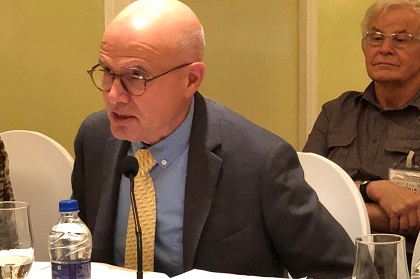 Courtesy: Gateway House
Courtesy: Gateway House
Don Stephenson, former Chief Trade Negotiator, India-Canada Comprehensive Economic Partnership Agreement, discusses how India and Canada can work together on effecting reform in the World Trade Organization
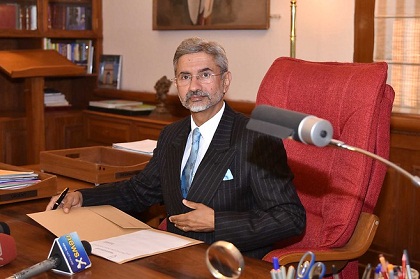 Courtesy: Flickr/MEA
Courtesy: Flickr/MEA
The India-Canada Track 1.5 Dialogue on Innovation, Growth and Prosperity, an initiative agreed upon in February 2018 by the two prime ministers, provides an opportunity for the bilateral relationship to grow through geopolitical convergence, greater economic collaboration and people-to-people interaction. A statement by External Affairs Minister S. Jaishankar for the second edition of the Dialogue, held in Mumbai on 22 November 2019
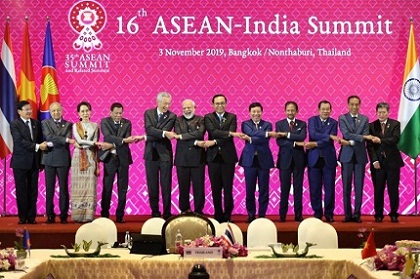 Courtesy: Flickr/MEA
Courtesy: Flickr/MEA
The 35th summit of the Association of South East Asian Nations, held in Bangkok early in November, showed that a shifting geostrategic landscape notwithstanding, “ASEAN centrality” in the region is a top priority with members. It also served as a backdrop for three summits that ASEAN held on November 4 with China, U.S. and India
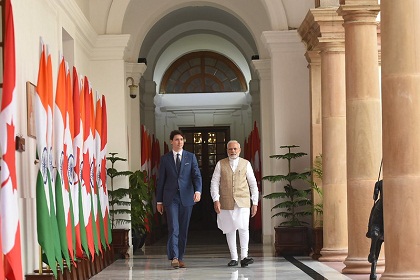 Courtesy: Flickr/MEA
Courtesy: Flickr/MEA
It’s time to start moving on matters in which Canada is a natural ally for India - trade liberalization, energy investments, intellectual property and the rules around e-commerce in particular and big data governance in general.
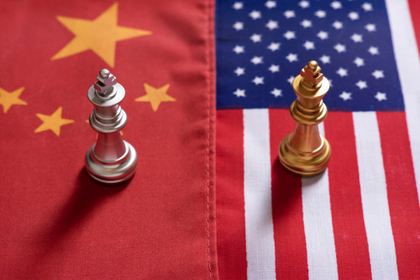 Courtesy: Shutterstock
Courtesy: Shutterstock
The Committee on Foreign Investment in the United States (CFIUS) is an inter-agency body which reviews in-bound foreign investments for their impact on national security. The Treasury Department recently proposed draft regulations, strengthening it. An analysis of the effect these amendments have had – and their applicability in an Indian context
 Courtesy: Shutterstock
Courtesy: Shutterstock
In India, China’s tech giant companies and venture capital funds have become the primary vehicle for investments in the country – largely in tech start-ups. This is different from other emerging markets where Chinese investments are mostly in physical infrastructure. Chinese FDI into India is small at $6.2 billion, but its impact is already outsized, given the increasing penetration of tech in India
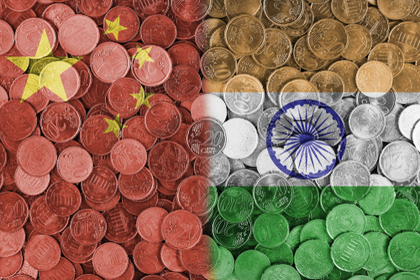 Courtesy: Shutterstock
Courtesy: Shutterstock
Chinese investments in India’s soft power sectors, such as smartphones and apps, glitter like a diamond necklace around India. Here is anecdotal evidence of their reach and capacity to harvest more data than necessary, with recommendations for their regulation
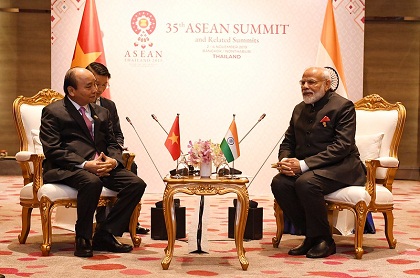 Courtesy: MEA/Flickr
Courtesy: MEA/Flickr
There have been mixed reactions to India’s not signing on to the Regional Comprehensive Economic Partnership. India is often criticised for abstaining from trade agreements and being a protectionist nation, but in fact, the reverse is true. The country’s trade to GDP ratio of 43% is higher than China’s 38% and the U.S.’ 27%. This shows how important trade is for India, particularly if it wants to reach the 2024 goal of being a $5- trillion economy.
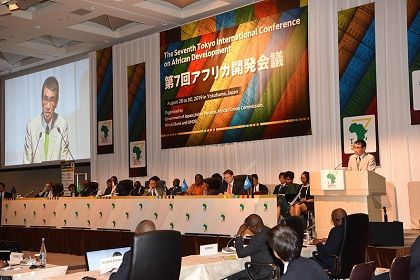 Courtesy: TICAD7/Flickr
Courtesy: TICAD7/Flickr
The Seventh Tokyo International Conference on African Development was a departure from earlier editions of it. Japan, which is changing tack as a competitor to China in Africa, held back from publicising the number of heads of state present to prevent any comparisons with other such forums and made no further commitments on Overseas Development Assistance. The accent, instead, was on increasing Japanese private sector engagement
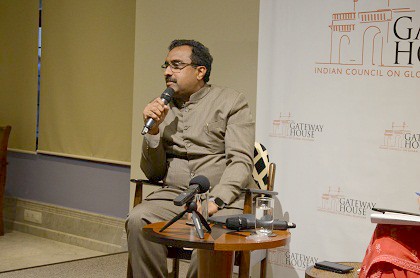 Courtesy: Gateway House
Courtesy: Gateway House
BJP General Secretary Ram Madhav, who spoke at an interaction organised by Gateway House, said Modi 2.0 will be a continuum of the reforms initiated over the last five years, but it will also address the challenge of a slowing economy. Internationally, India will play a more proactive role